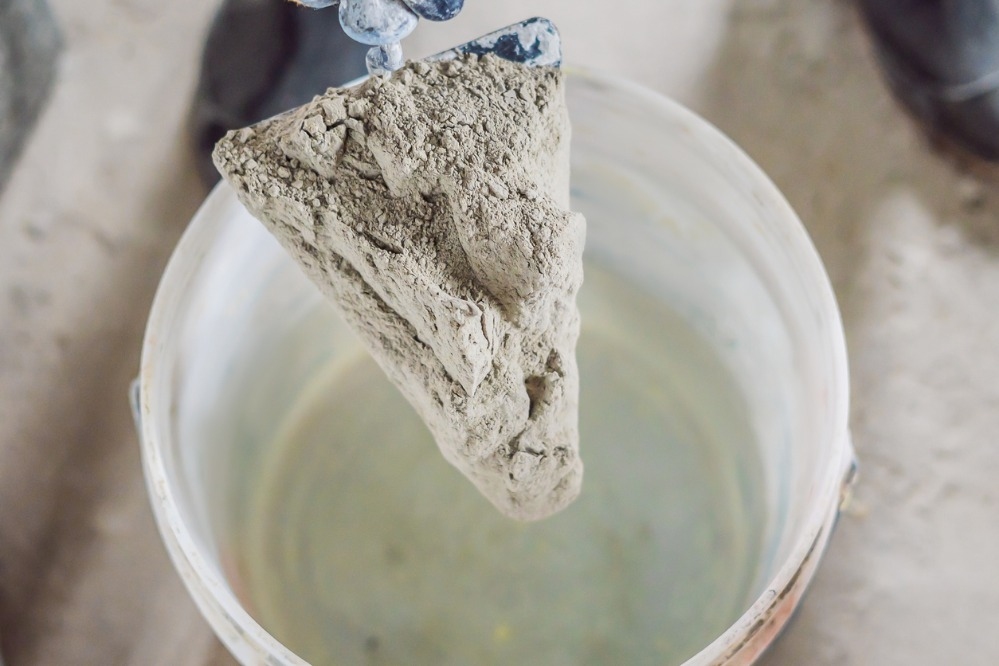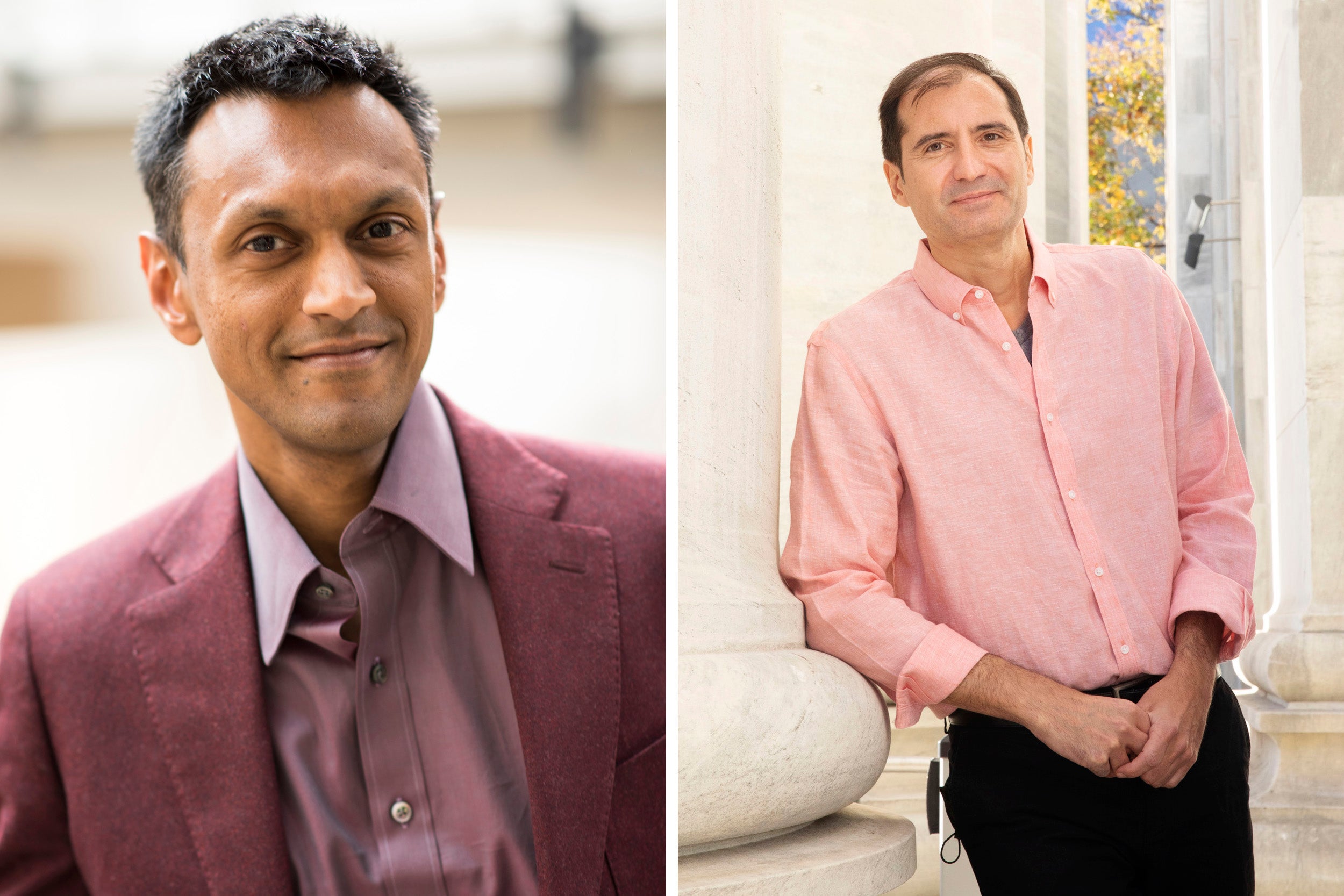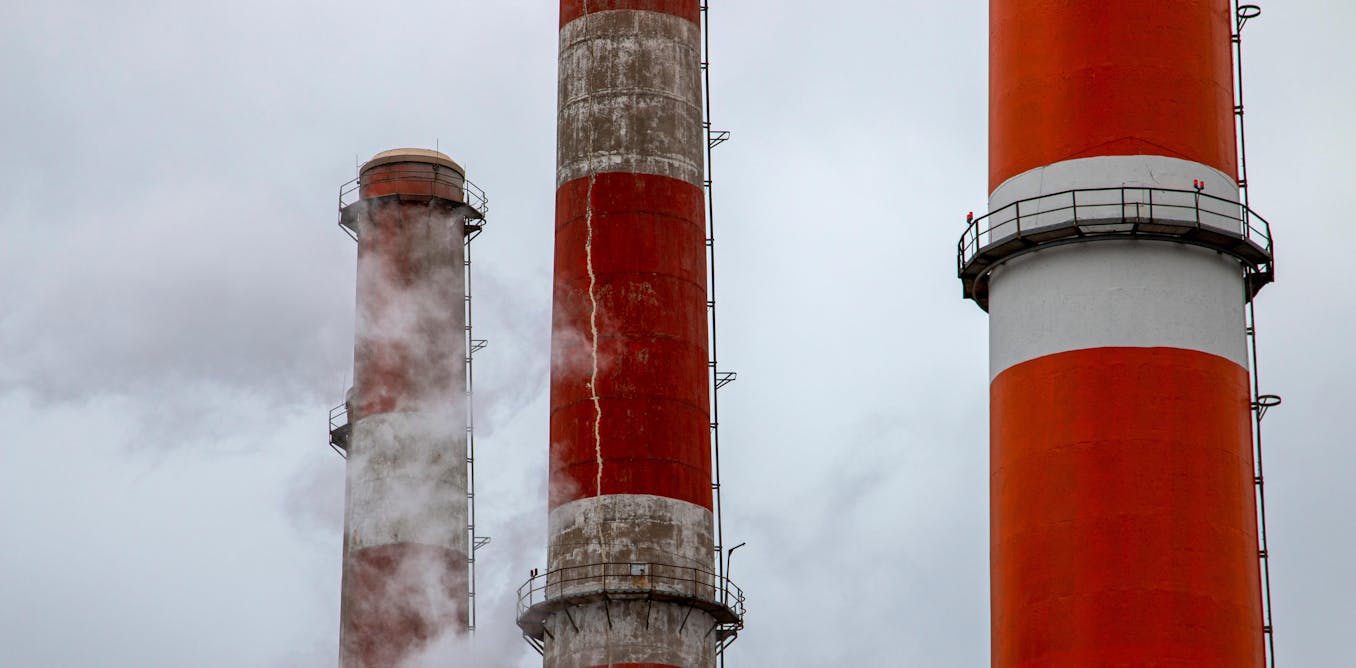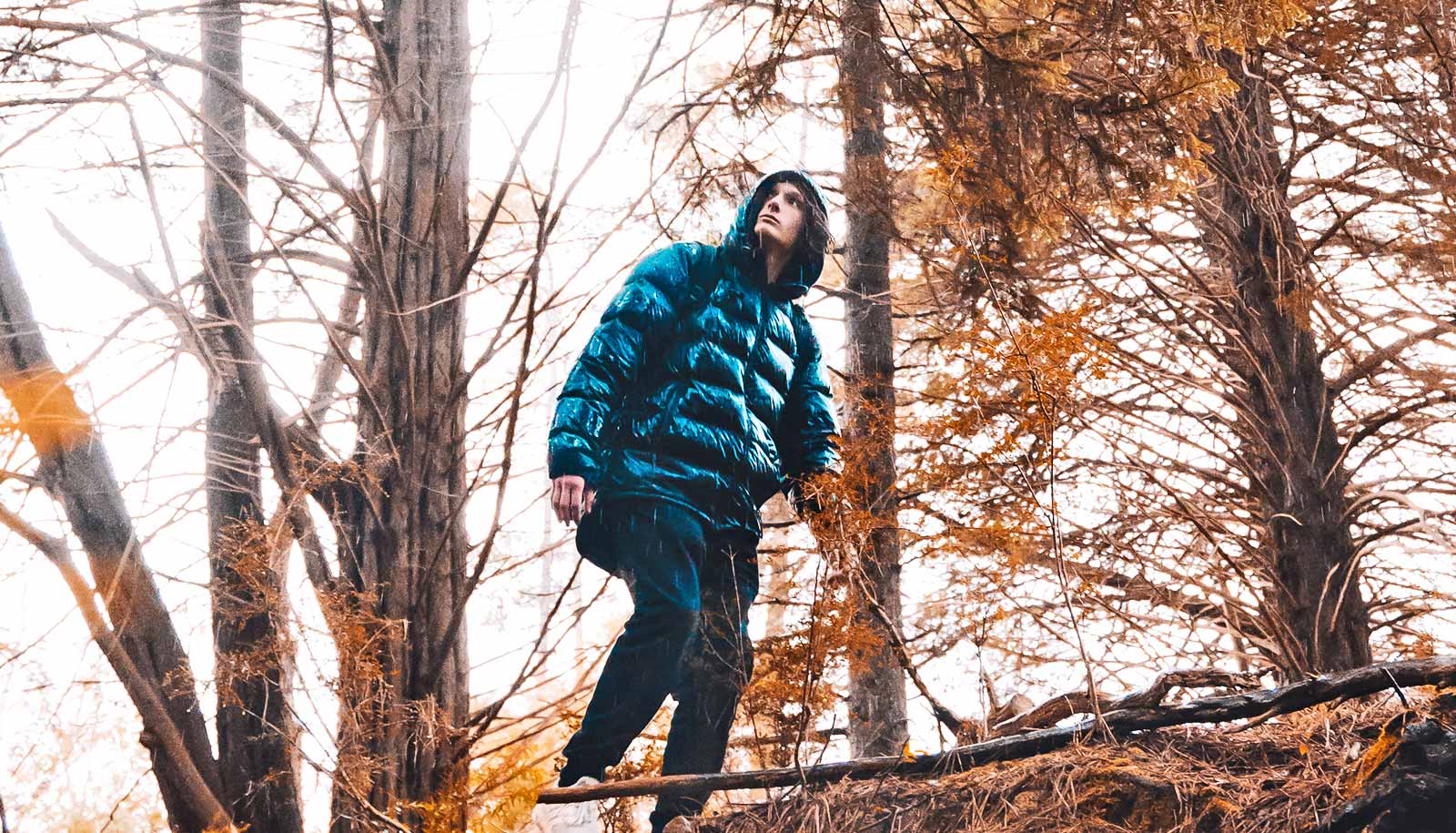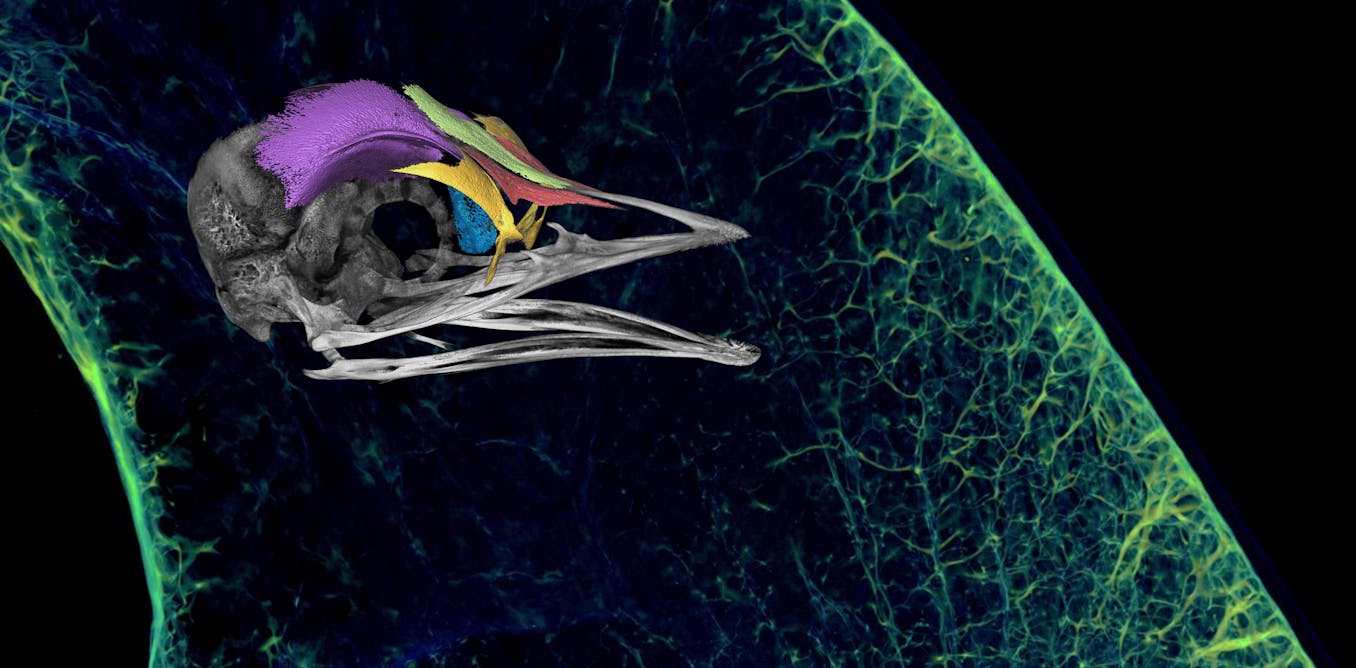Figuring out omicron – here's what scientists are doing right now to understand the new coronavirus variant
Careful lab work will complement public health data as researchers worldwide focus on omicron, asking questions about contagiousness, severity of disease and whether vaccines hold up against it.
Dec. 9, 2021 • ~9 min


